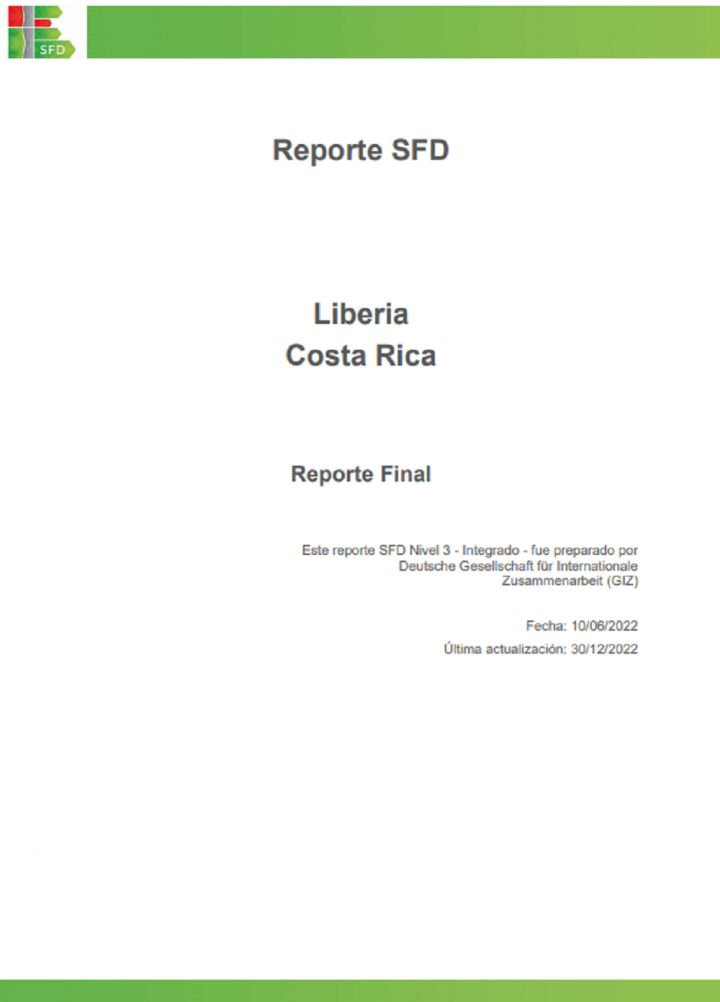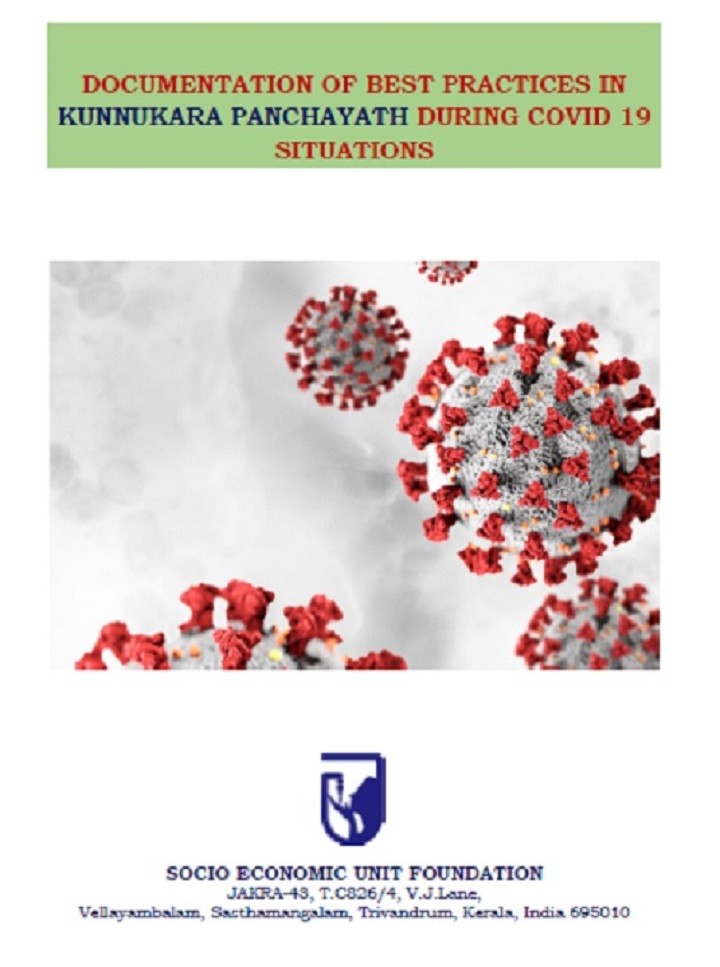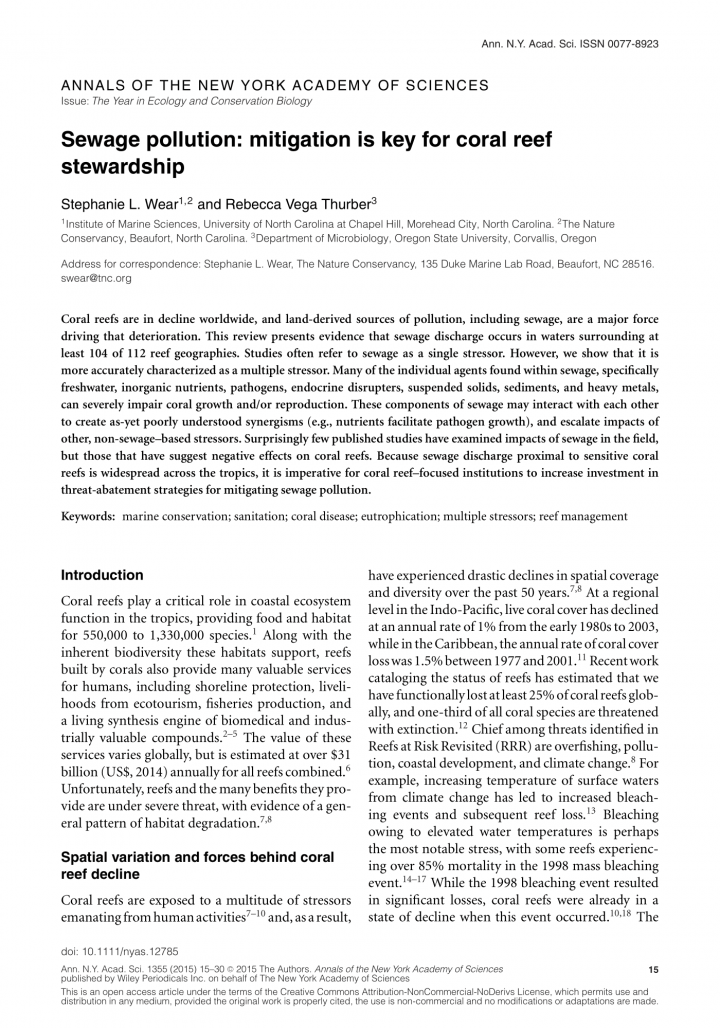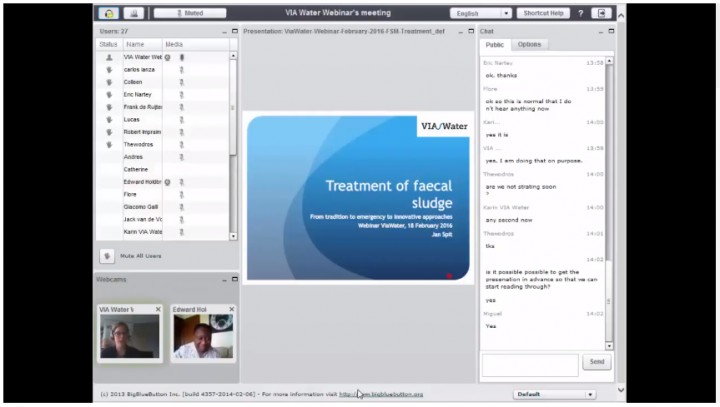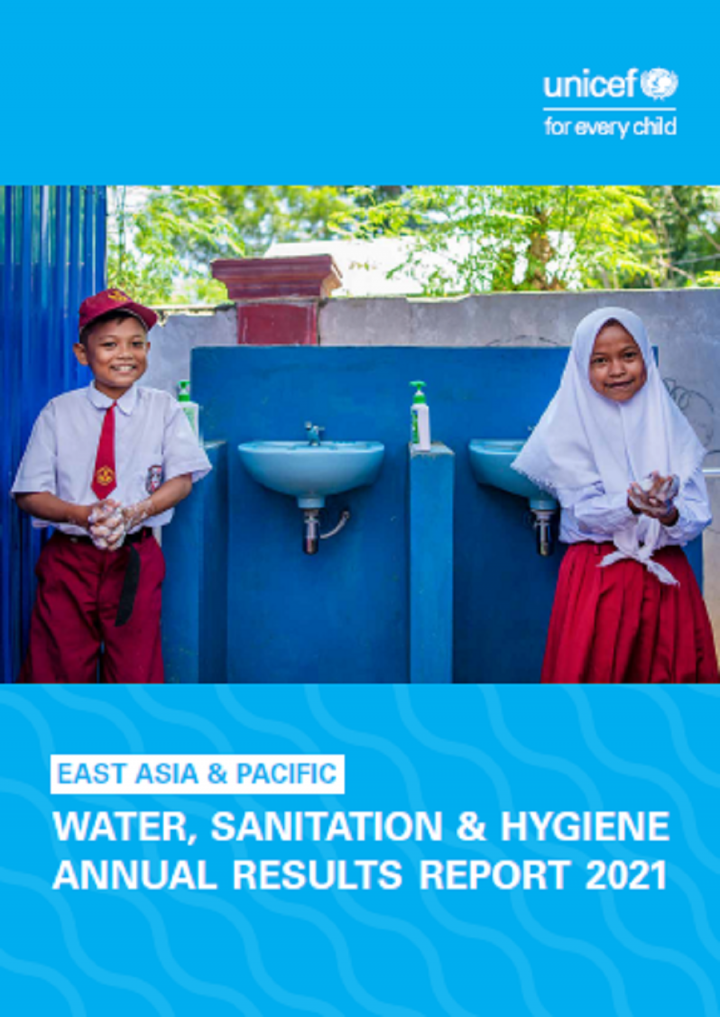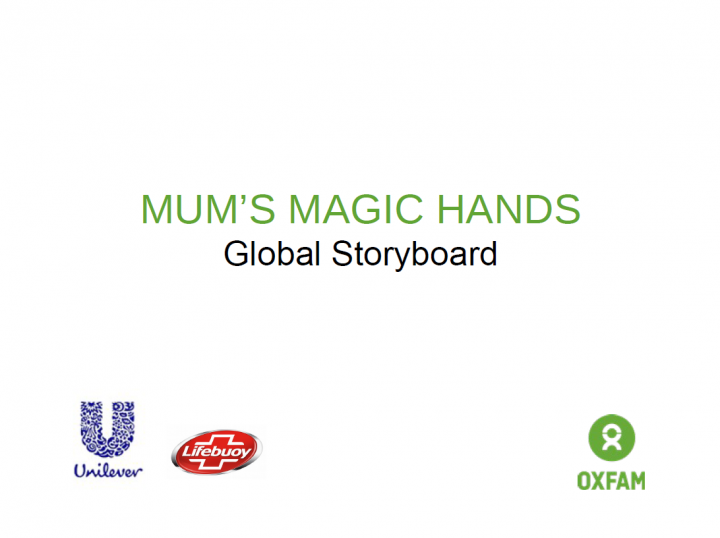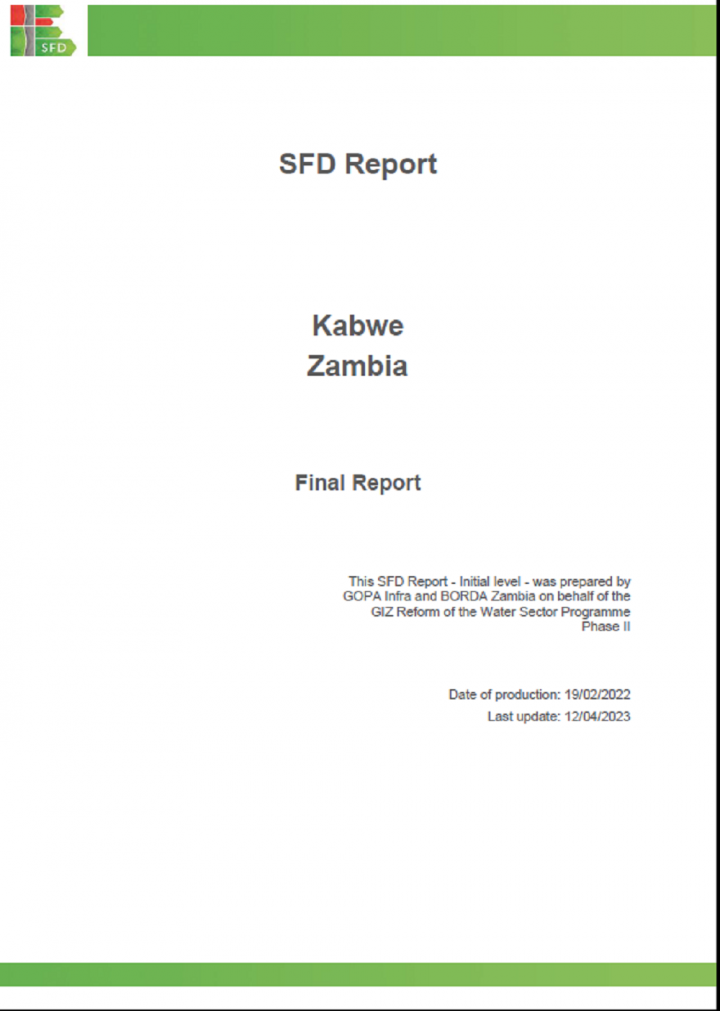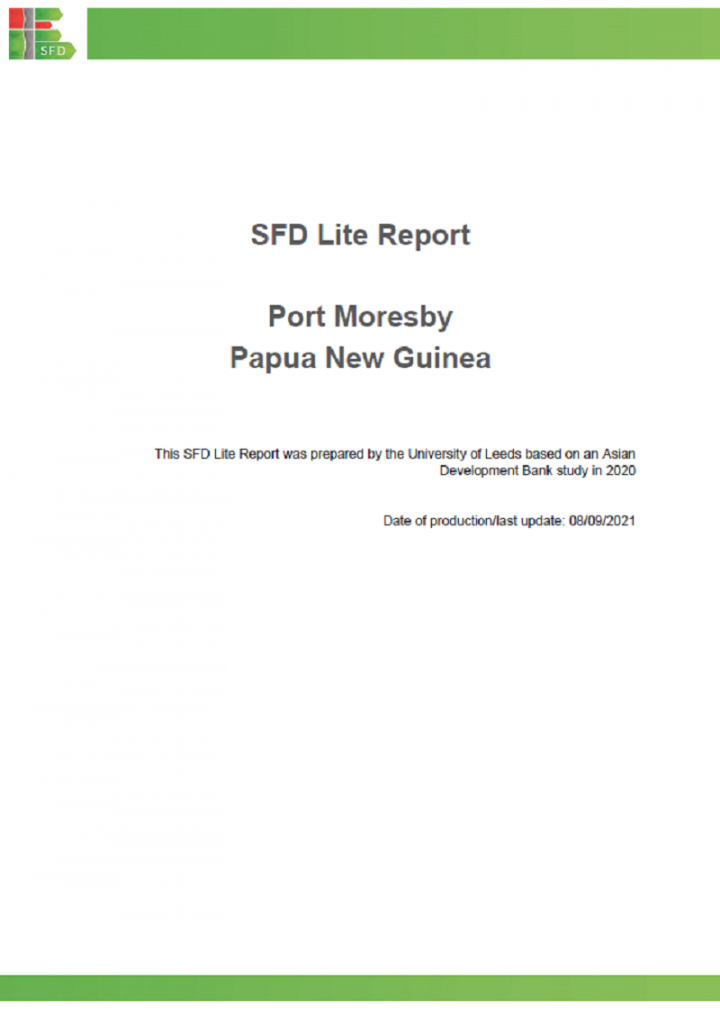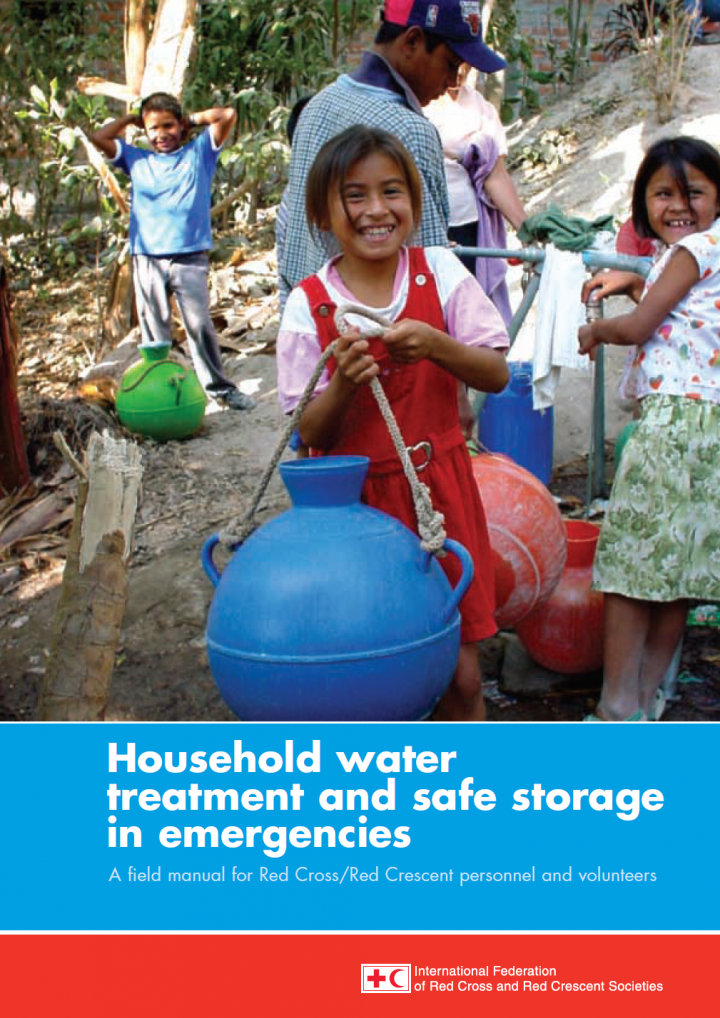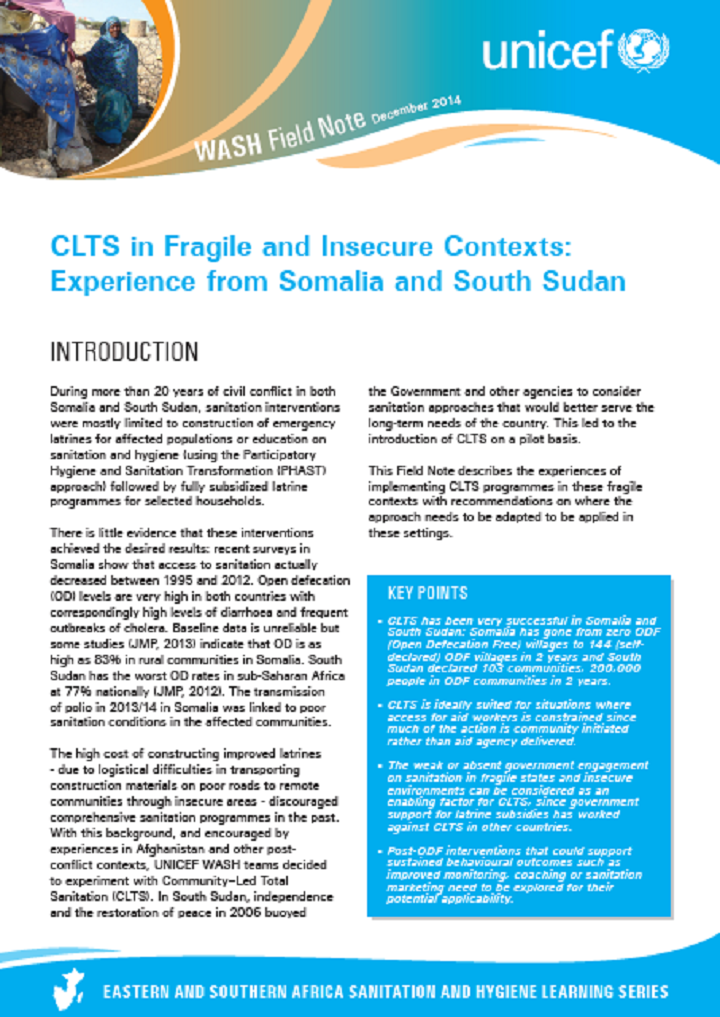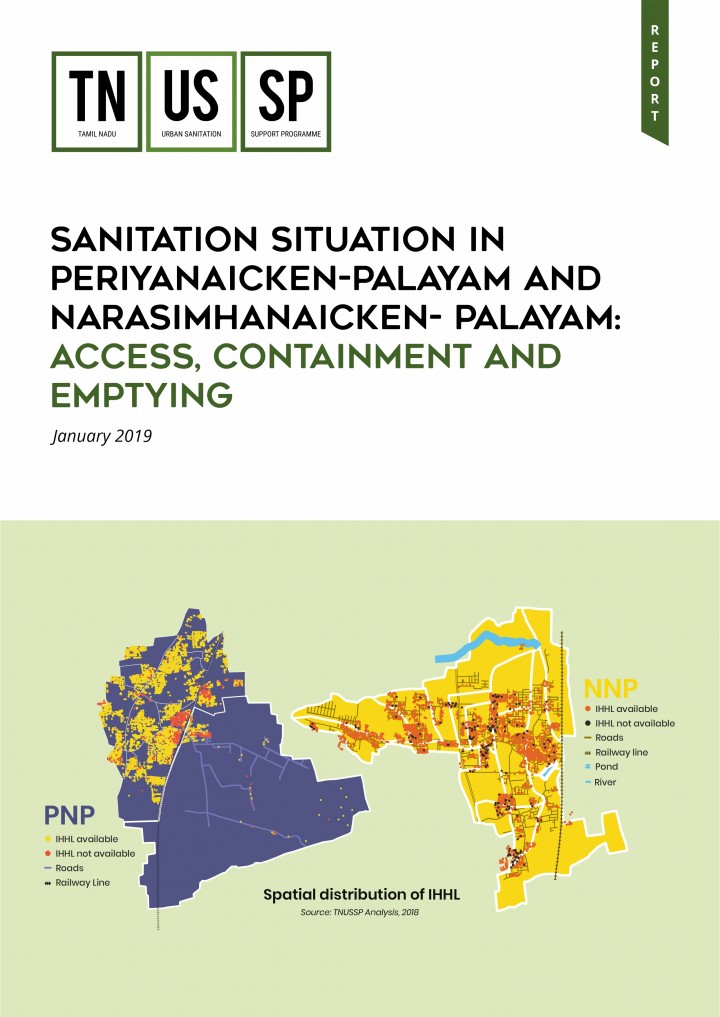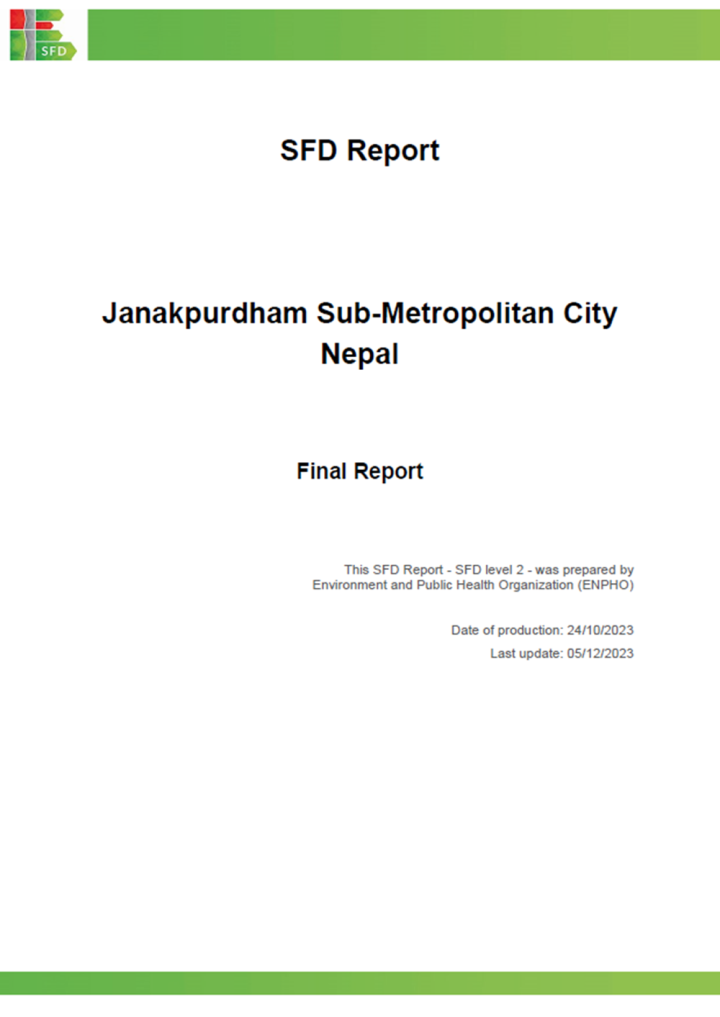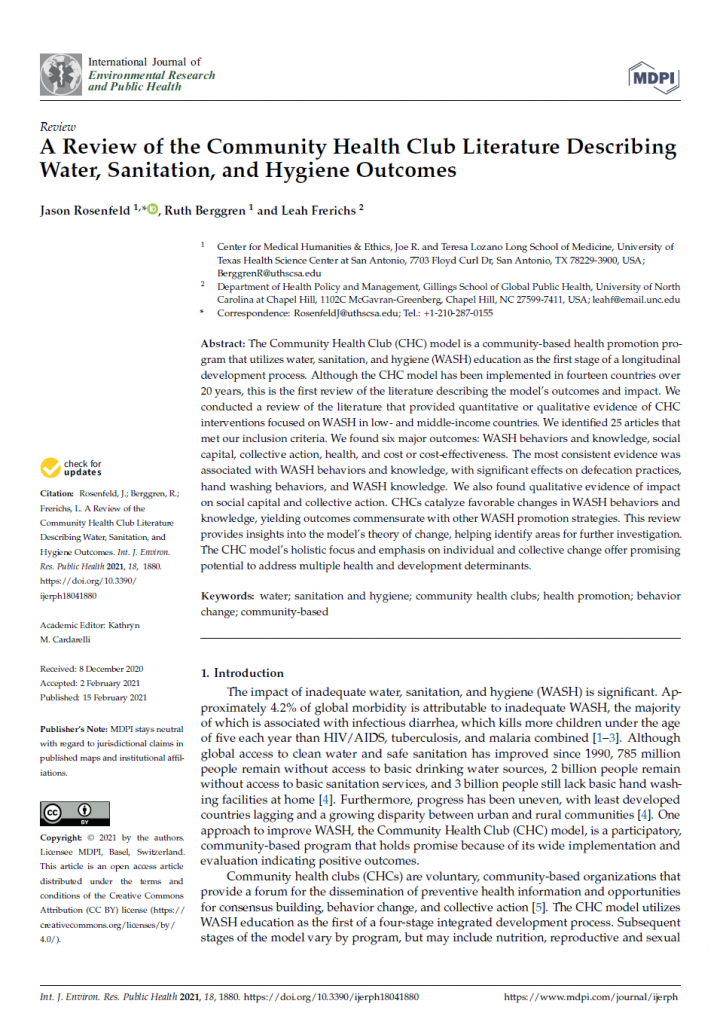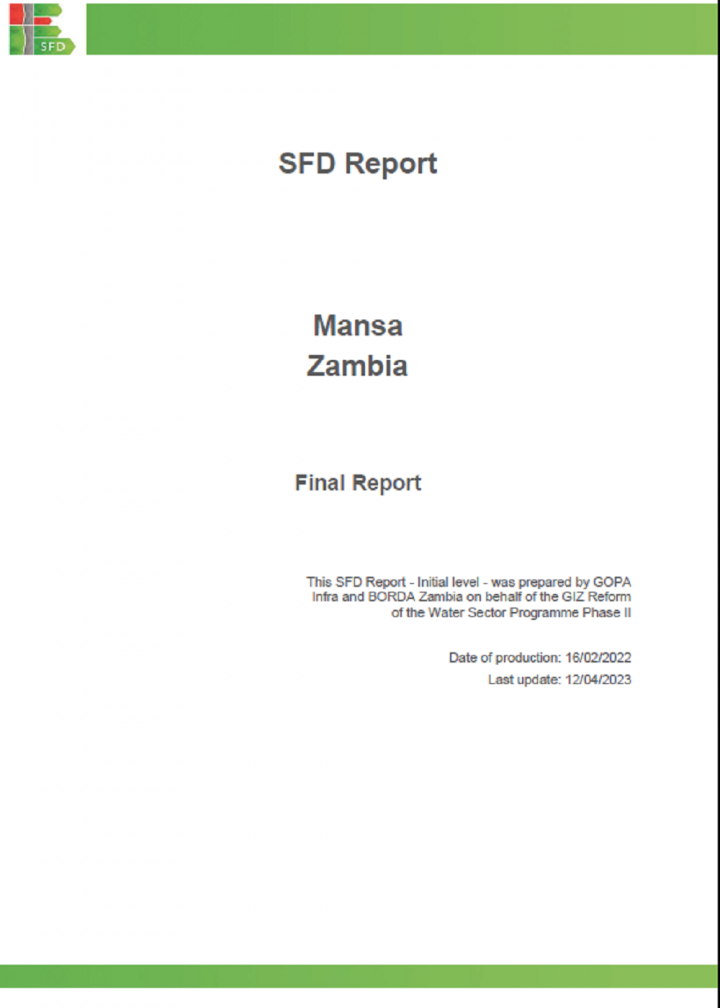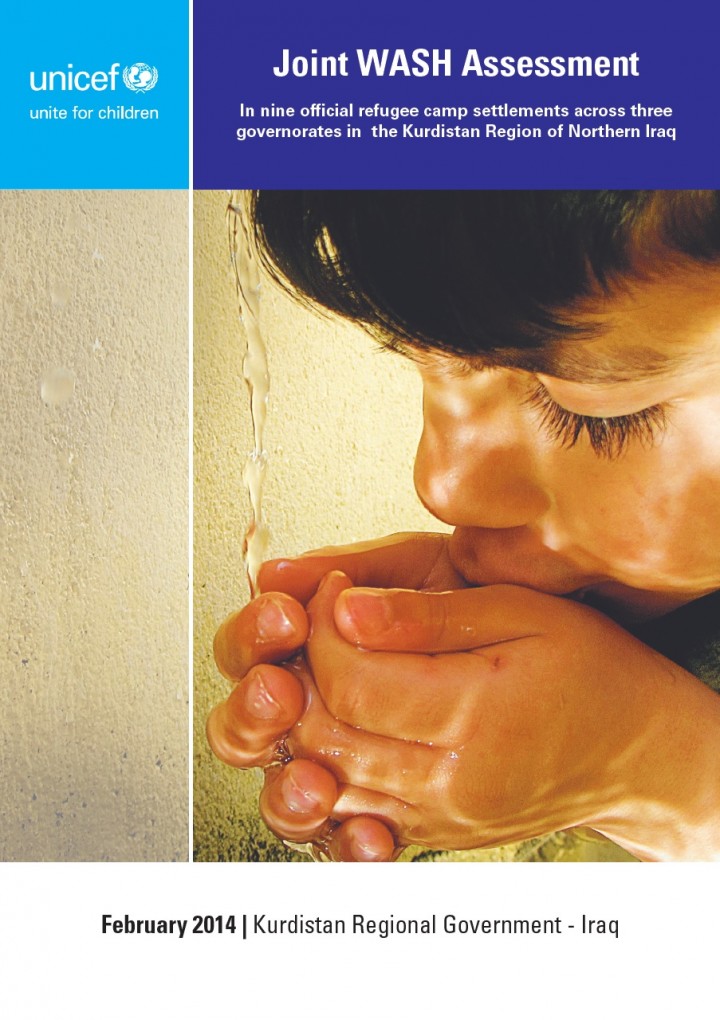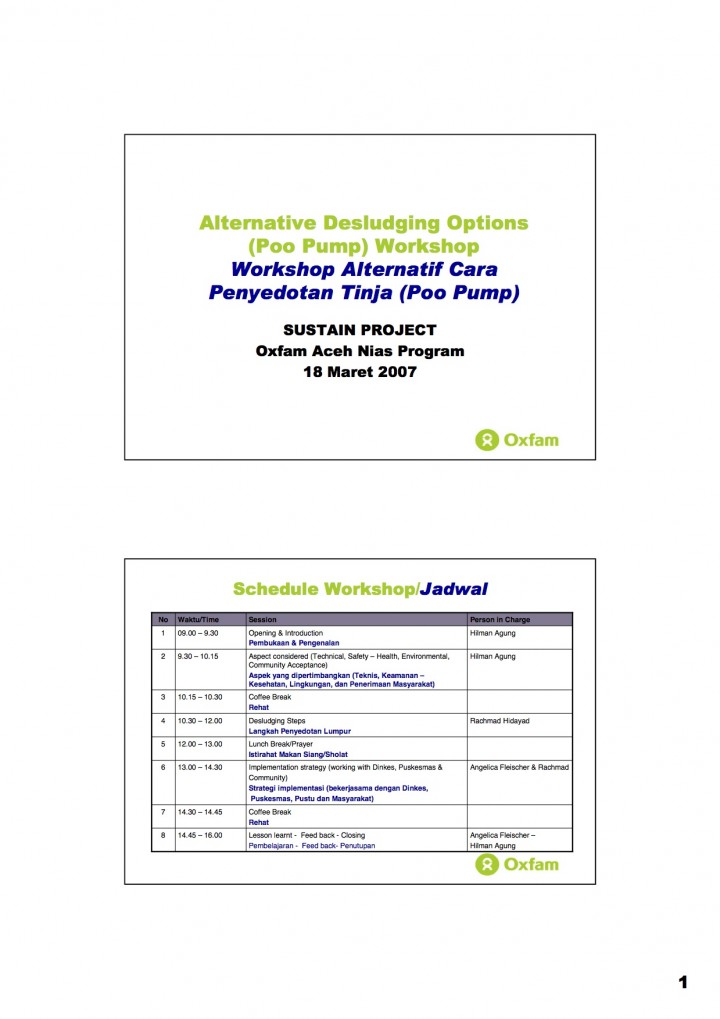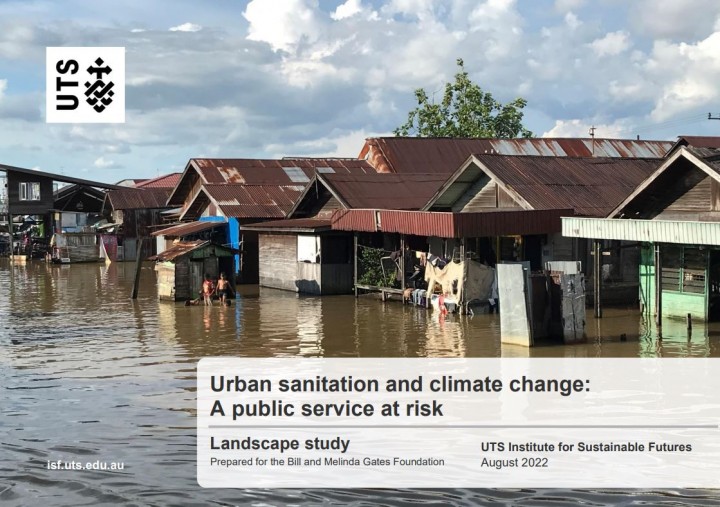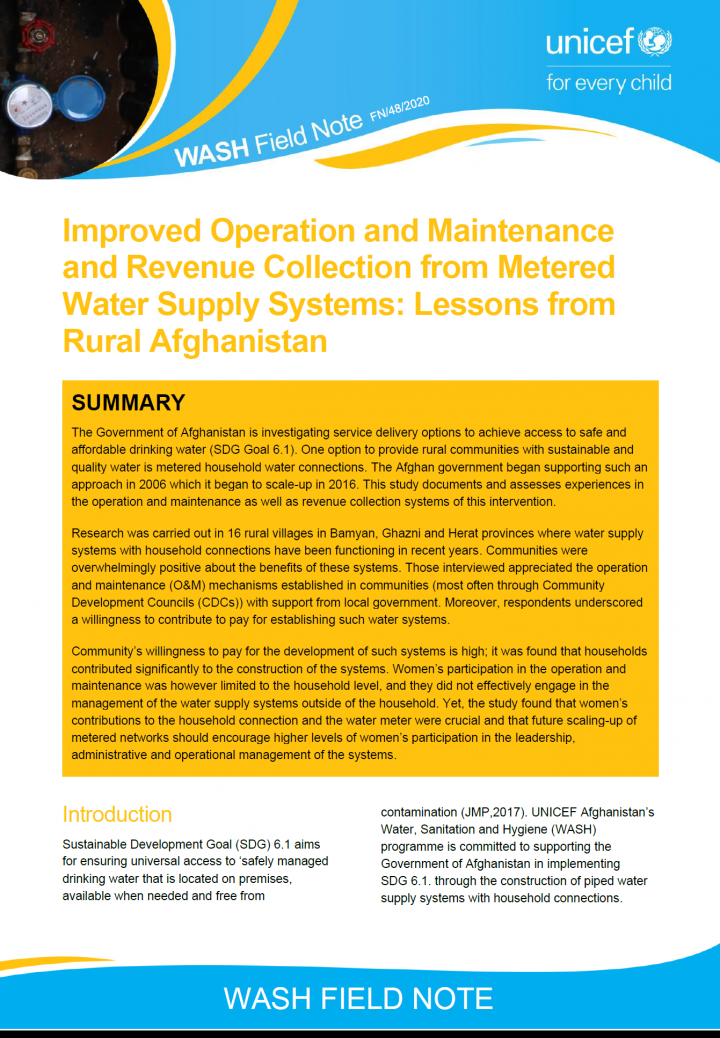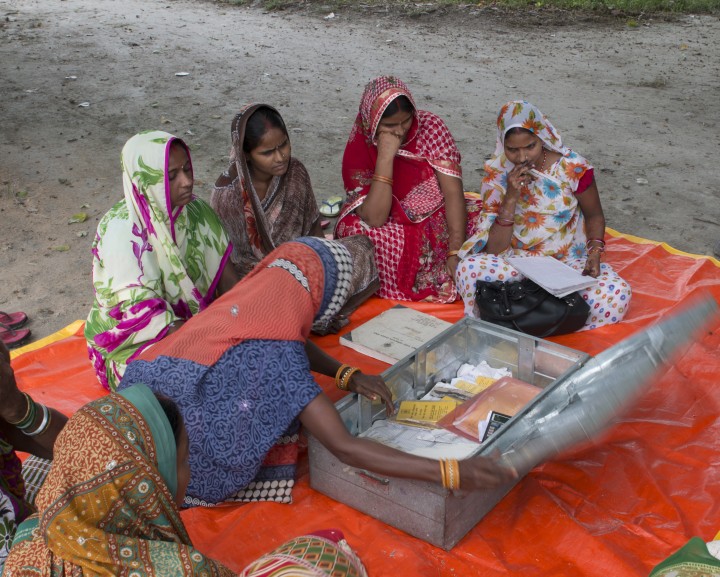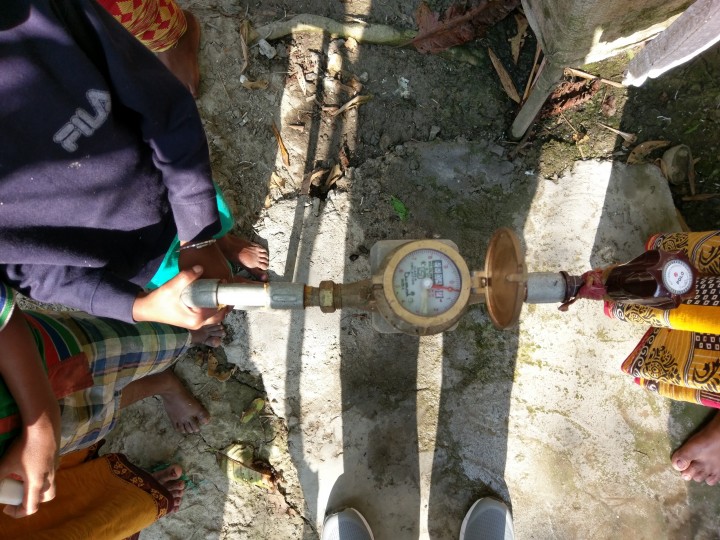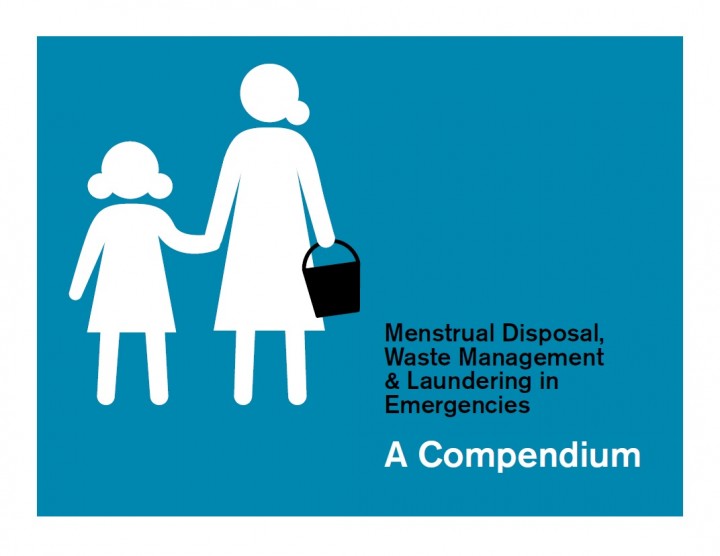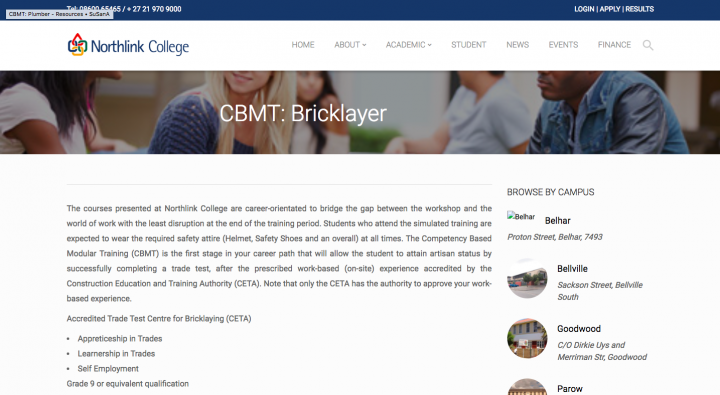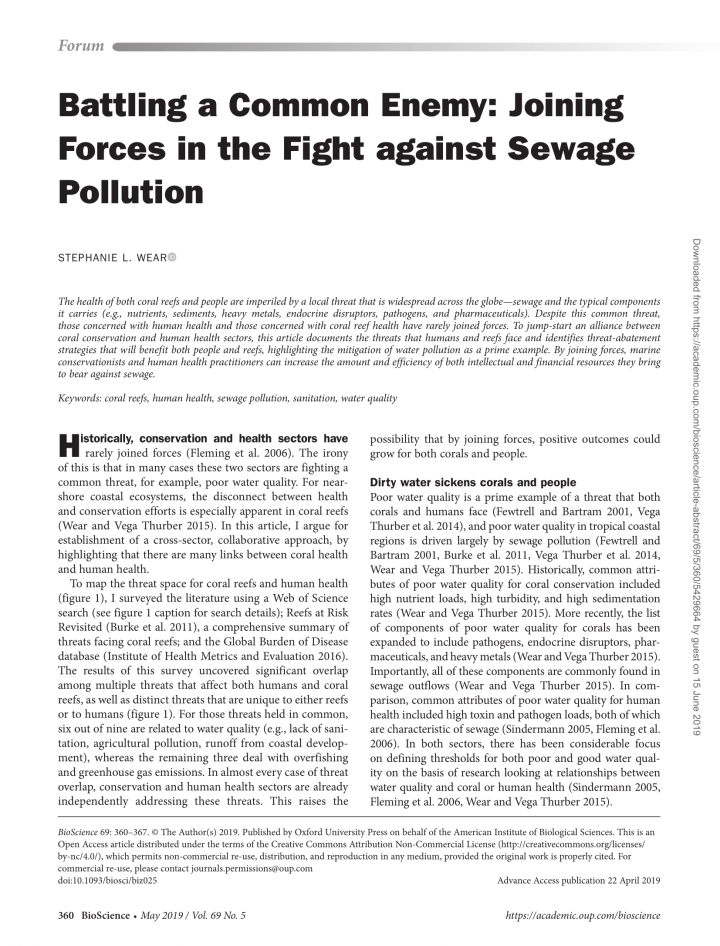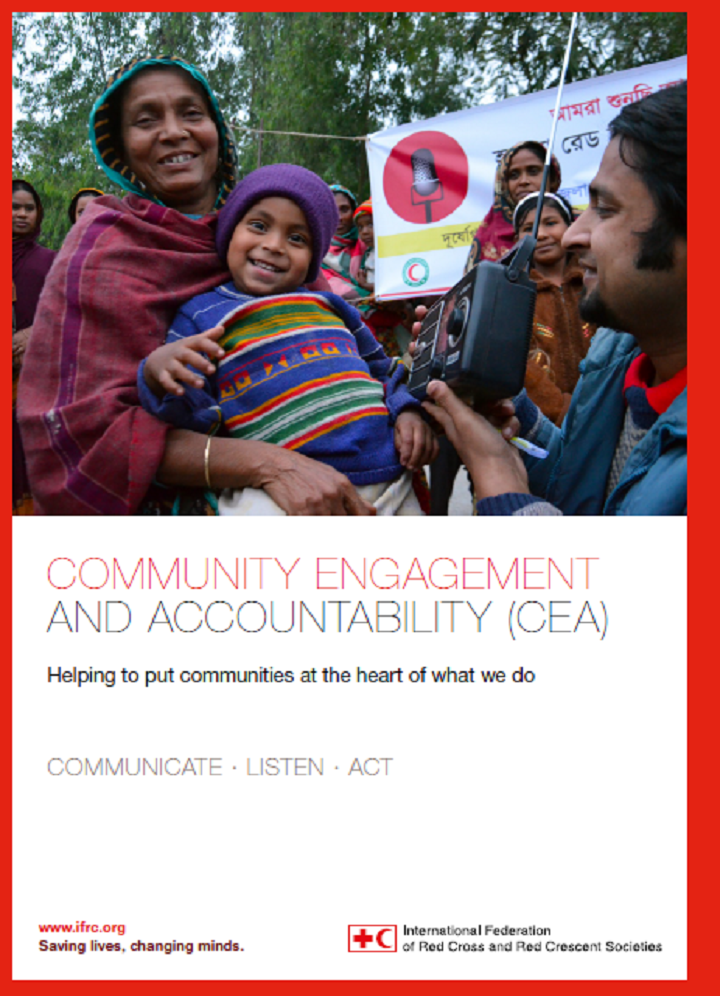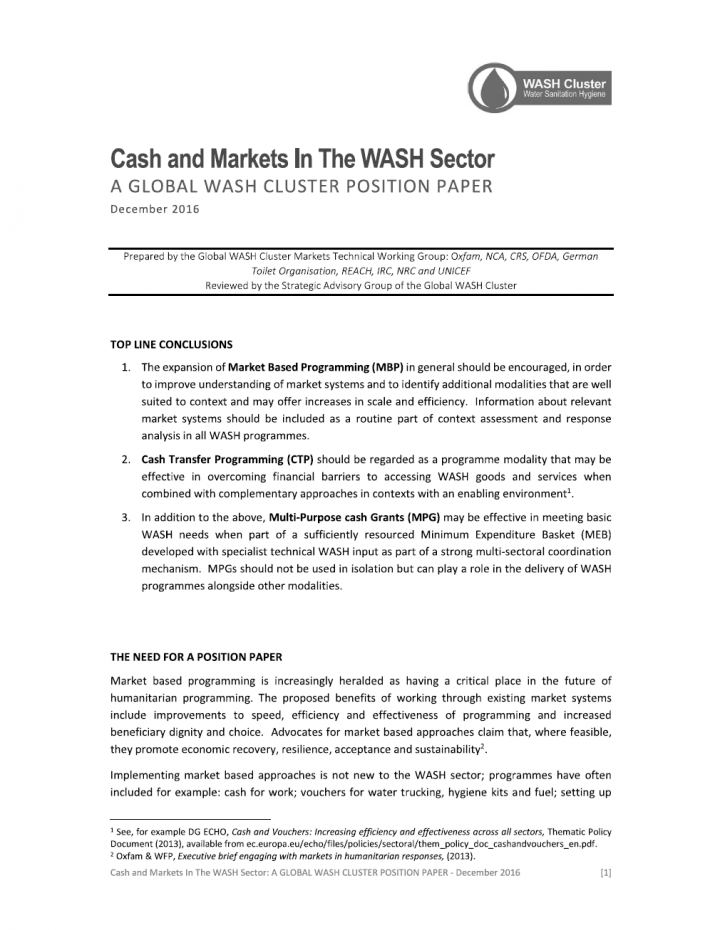Searching for information on Sanitation Workers?
The Sanitation Workers Knowledge + Learning Hub is the best source for all current news, trends, articles and updates on sanitation workers rights around the world.
The site for this study, Liberia, is the first district and capital city of the canton of Liberia, in the province of Guanacaste, Costa Rica. It is located in the northwest corner of the country. Liberia is divided into five districts; Cañas Dulces, Curubandé, Liberia, Mayorga and Nacascolo. The Liberia district is the largest, covering an area of 561.57 km2. The district has experienced rapid …
In the Kunnakura Panchayat, Ernakulam district, Kerala, the authorities took several steps to arrest the spread of the pandemic and provide relief to those affected. Saji Sebastian, Executive Director, Socio-Economic Unit Foundation, said a 24-hour control room was set up in primary health centres (PHCs) to coordinate health activities, a steering committee including opposition members was set up …
Coral reefs are in decline worldwide, and land-derived sources of pollution, including sewage, are a major force driving that deterioration. This review presents evidence that sewage discharge occurs in waters surrounding at
least 104 of 112 reef geographies. Studies often refer to sewage as a single stressor. However, we show that it is
more accurately characterized as a multiple stressor.Many …
This report presents the results achieved through UNICEF’s support to WASH in 2021 in all countries in the East Asia and Pacific region. Because 2021 was the final year of the UNICEF Strategic Plan 2018–2021, the report also summarizes the cumulative WASH results over that period. The report also offers a look into the WASH programme in 2022 – 2025 and what the future of WASH must look like …
Oxfam and Unilever’s Chief Sustainability Office carried out extensive research on handwashing practice in emergency contexts. We found nurture to be one of the most powerful motivators driving handwashing with soap among mothers. Even during a crisis, mothers continue to nurture their children to ensure they go onward in life and succeed in bringing fruition to their efforts and fulfillment to …
Kabwe is the administrative capital of Central Province of Zambia and is located on Latitude -14.4228219 and Longitude 28.4455068. According to the utility (NIS) records of 2021, the town has an estimated population of 257,043.
Approximately, 72% of the inhabitants rely on onsite sanitation facilities, 26% are served by offsite sanitation, and the remaining 2% practice open defecation. The …
This SFD covers the administrative “National Capital District” of Port Moresby, the capital city of Papua New Guinea. According to the 2011 Census, the population was 364,125 and the population growth rate was 3.3%. The predicted population in 2020 was 503,795, no further census data are available. This is likely to be around 65,800 households. Most of the population growth is within the …
It is always better to use water from a clean source that’s stored in a safe way. However, this is not always possible, especially in an emergency. Something may have made the source unclean or unusable. Or a population may
not have access to clean containers or practice good hygiene behaviour. One approach to this problem is treating water at the household level. This is often a temporary …
During more than 20 years of civil conflict in both Somalia and South Sudan, sanitation interventions were mostly limited to construction of emergency latrines for affected populations or education on sanitation and hygiene, using the Participatory Hygiene and Sanitation Transformation (PHAST) approach, followed by fully subsidised latrine programmes for selected households.
There is little …
TNUSSP carried out a geographic information system (GIS) based sanitation mapping of households and establishments in the two town panchayats of PNP and NNP with an aim to primarily understand the nature of containment and on-ground desludging practices to enable more effective planning. It also included the preparation of GIS-linked database of properties (with households and establishments) …
Janakpurdham Sub-Metropolitan City is situated in Dhanusa District of Madhesh Province in the southern region of Nepal. Formerly, it was established as Janakpur Sub-metropolitan City on 1960. Later on 2014, it was re-named as Janakpurdham and changed the sub-metropolitan city to sub-metropolitan city. It is divided into 25 wards
As per the national population and housing census conducted in …
The Community Health Club (CHC) model is a community-based health promotion program that utilizes water, sanitation, and hygiene (WASH) education as the first stage of a longitudinal development process. Although the CHC model has been implemented in fourteen countries over 20 years, this is the first review of the literature describing the model’s outcomes and impact. We conducted a review of …
Mansa is the provincial administrative capital of Luapula province and the town consists of urban and peri-urban areas. According to the Central Statistics office (CSO) data on population and housing of 2010, Mansa district town had a population of 228,392 with an annual growth rate of 2.4% per annum. However, the population of Mansa urban stood at 145,336. For the purpose of this assignment, …
This report presents the findings of a joint water, sanitation and hygiene (WASH) assessment conducted in nine official refugee camp settlements across three governorates in the Kurdistan Region of Northern Iraq (Dohuk, Erbil and Sulaymaniyah). The Syrian refugee population targeted by this assessment lives in permanent and transitional shelters in the nine camps. They receive various WASH …
The study provides recent advances and adaptations in policy, planning and service delivery to better manage climate related risks in urban contexts. It also identifies actionable strategies to support efforts to improve climate resilience in urban sanitation and to strengthen the argument for their implementation
The Government of Afghanistan is investigating service delivery options to achieve access to safe and affordable drinking water (SDG Goal 6.1). One option to provide rural communities with sustainable and quality water is metered household water connections. The Afghan government began supporting such an approach in 2006 which it began to scale-up in 2016. This study documents and assesses …
The Government of India (GoI) has launched an iniative to strengthen the capacity of Panchayati Raj Institutions (PRIs) to ensure the sanitaton gains achieved under the Swachh Bharat Mission (Grameen) are sustained. The initiative includes ODF status of communites, taking up of an open defecation free plus (ODF Plus) agenda and improving access to safe and secure water supply through the Jal …
Panchayats have been assigned the responsibility for executing rural water and sanitation. To do this successfully as equal partners with the government and engineers, they need a lot of support over the long term. The government and NGOs who will support them have important roles to play to ensure quality water and sanitation services are provided in the long term in an an equitable manner.
This guidance seeks to address key gaps with respect to the specific practicalities of managing menstrual materials. Displaced women and girls using disposable products face clear challenges figuring out how to get rid of them in their constrained contexts. And those using reusable materials must be able to wash, dry and store them hygienically between periods, similarly with limited privacy. To …
The courses presented at Northlink College are career-orientated to bridge the gap between the workshop and the world of work with the least disruption at the end of the training period. Students who attend the simulated training are expected to wear the required safety attire (Helmet, Safety Shoes and an overall) at all times. The Competency Based Modular Training (CBMT) is the first stage in …
The health of both coral reefs and people are imperiled by a local threat that is widespread across the globe—sewage and the typical components it carries (e.g., nutrients, sediments, heavy metals, endocrine disruptors, pathogens, and pharmaceuticals). Despite this common threat, those concerned with human health and those concerned with coral reef health have rarely joined forces. To …
This toolkit contains tools that can help National Red Cross and Red Crescent Societies – as well as other organizations – to assess, design, implement, monitor and evaluate community engagement and accountability activities in support of programmes and operations. The toolkit should be used in conjunction with our Guide to Community Engagement and Accountability.
Market based programming is increasingly heralded as having a critical place in the future of humanitarian programming. The proposed benefits of working through existing market systems include improvements to speed, efficiency and effectiveness of programming and increased beneficiary dignity and choice. Advocates for market based approaches claim that, where feasible, they promote economic …

